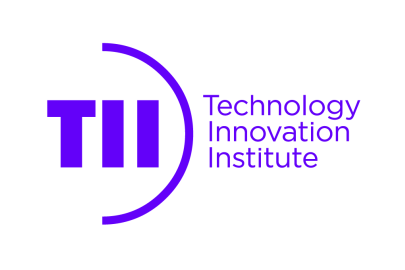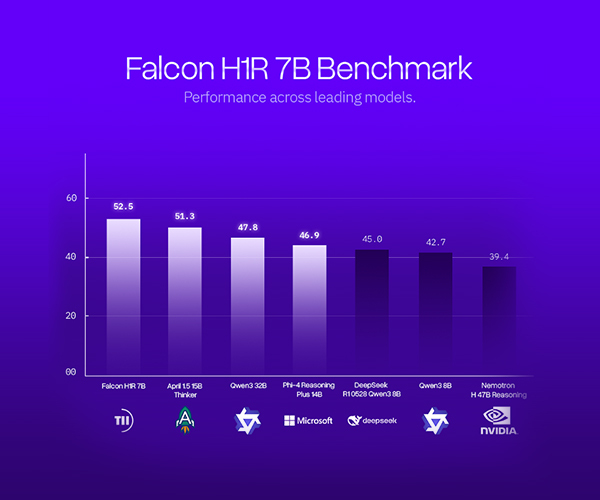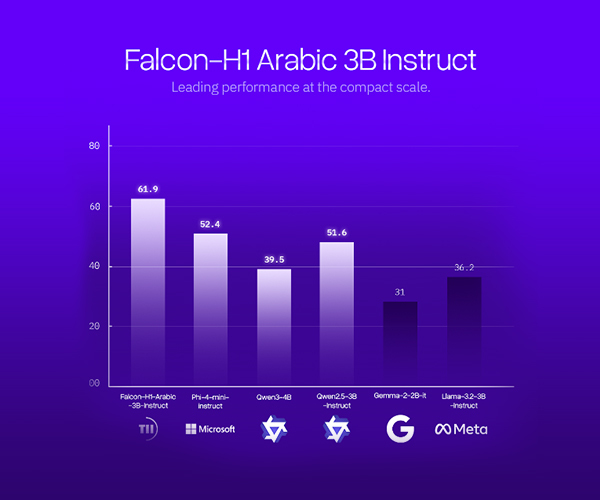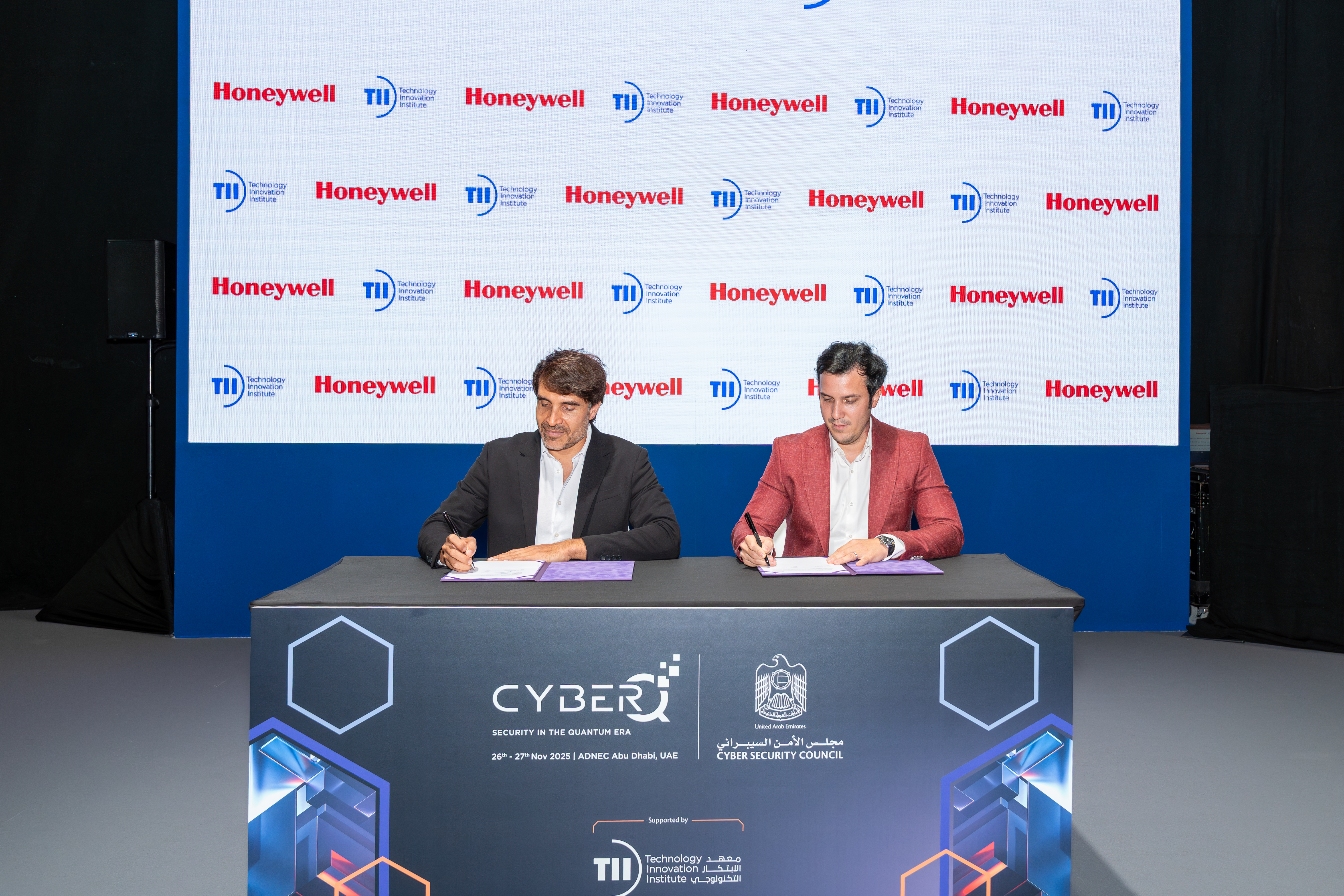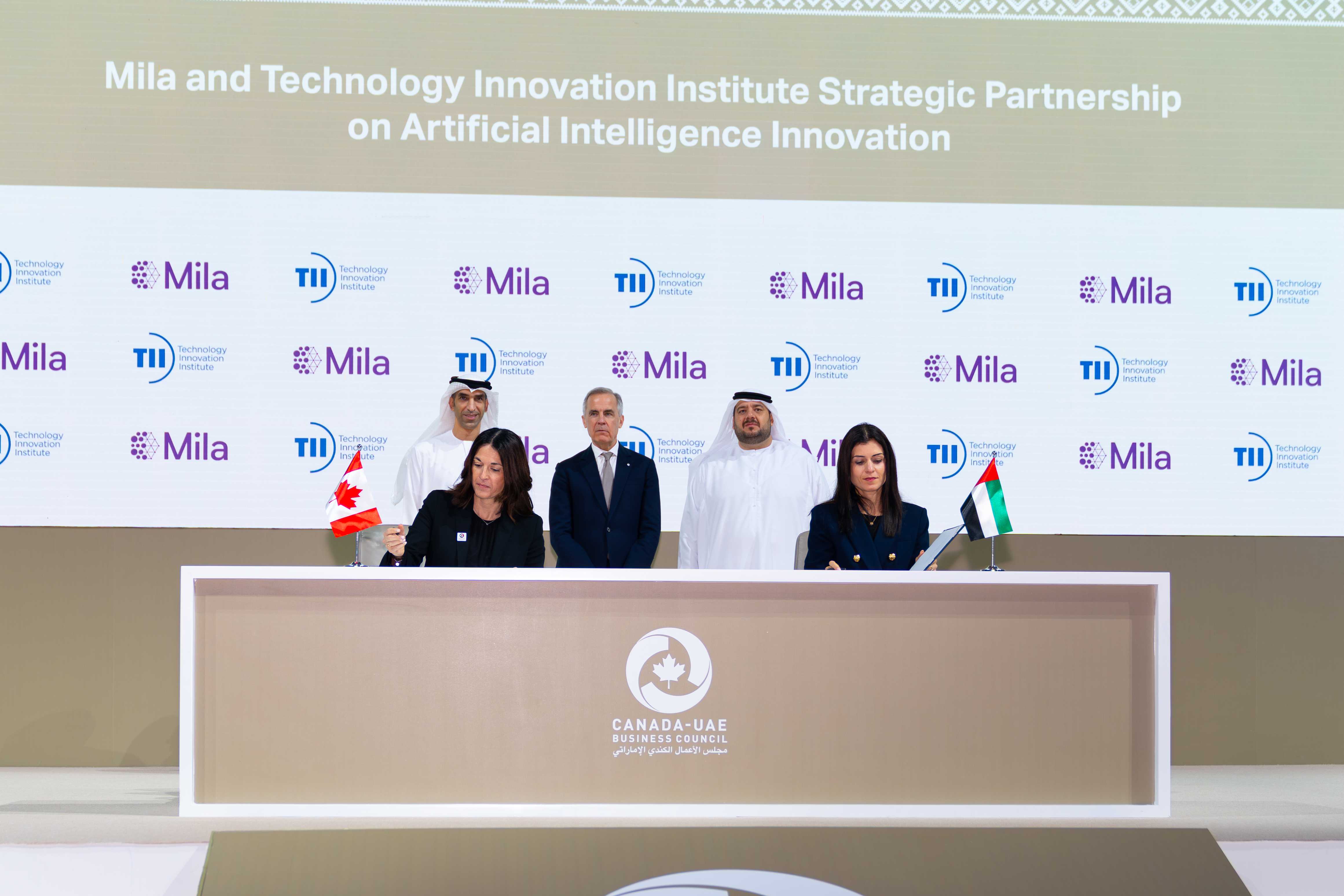
• Crowdsourcing challenges invited participants to assess the security of McEliece’s public key encryption scheme.
• Winners took home cash prizes totaling US$22,000.
Abu Dhabi-UAE: 30 May 2024 – The Technology Innovation Institute has announced the winning submissions for the TII McEliece Challenges, the United Arab Emirates’ cryptography challenges that aim to enhance online security and encourage advancements in cryptographic systems.
The McEliece cryptosystem is a public key encryption scheme with a strong reputation for being resilient to cyberattacks. As part of the challenges, cryptographers, mathematicians, innovators, research institutes, and university students were invited to validate the security of the cryptosystem to identify possible weaknesses and confirm its strength. Cryptography ensures the confidentiality of information thanks to the encryption of data, which is crucial to cybersecurity.
Participants had to solve four challenges launched by the TII, a leading global scientific research center and the applied research pillar of Abu Dhabi’s Advanced Technology Research Council (ATRC).
The Rocco Mora from France; Lorenz Panny, assistant professor at the Technical University Munich; and Run Timerr from Sweden were the winners taking home cash prizes totaling $22,000.
TII CEO, Dr. Najwa Aaraj, applauded the winners, and said: “By delving into the intricacies of the McEliece-based cryptosystem, we deepened our understanding of it and increased the confidence in its security.”
TII kicked off the year-long competition in May 2023, via HeroX, a crowdsourcing platform focused on problem solving challenges. The challenges featured multiple McEliece-based cryptanalysis problems with increasing levels of difficulty exploring four different tracks: Track 1A on Theoretical Key Recovery Algorithms, Track 1B on Practical Key Recovery, and Track 2A and 2B on Message Recovery.
Three out of the four prizes were awarded, while the hardest challenge in Track 2B remained expectedly unbroken. The three prizes were given to the best judged submission in Track 1A and to the researchers who solved the most difficult instances in Track 1B and Track 2A.
The McEliece cryptosystem has become a leading choice among code-based cryptosystems for standardization by the National Institute of Standards and Technology (NIST).
The winning individuals and teams are as follows:
Track 1A - Theoretical Key Recovery
The prize for the theoretical Track 1A was awarded to the Rocco Mora from France. The submission provides a novel theoretical to distinguish McEliece public keys from random data for some parameter instances of the cryptosystem. The ideas developed in the submission are intriguing and appealing for further developments. It significantly improves the state-of-the-art distinguishers for alternate codes that are central to the McEliece cryptosystem. The winners have been awarded the full prize of U$10,000.
Track 1B - Practical Key Recovery
Lorenz Panny, assistant professor at the Technical University Munich, has secured the winning position by successfully recovering the secret key for an instance with a previously estimated security level of 83 bits. This remarkable achievement has earned him the full prize of US$10,000. Panny utilized a combination of a partial key enumeration technique and an optimized version of the Support Splitting Algorithm to identify correct guesses. His work sheds light on potential overestimations of security levels in provided instances, promising a more accurate estimation of attack costs. He plans to provide a detailed description of his techniques and prepares for the publication of his source code, which will further contribute to the community's understanding of the security of the McEliece cryptosystem.
Track 2A - Message Recovery
Last but not least, we congratulate Run Timerr from Sweden for securing a US$2,000 prize for successfully decrypting a McEliece ciphertext (without knowledge of the secret key), estimated to a complexity of about 60 bits for the solved instance. Timerr used an optimized implementation of Stern's Information Set Decoding algorithm provided by Daniel Bernstein, Tanja Lange and Christiane Peters.




